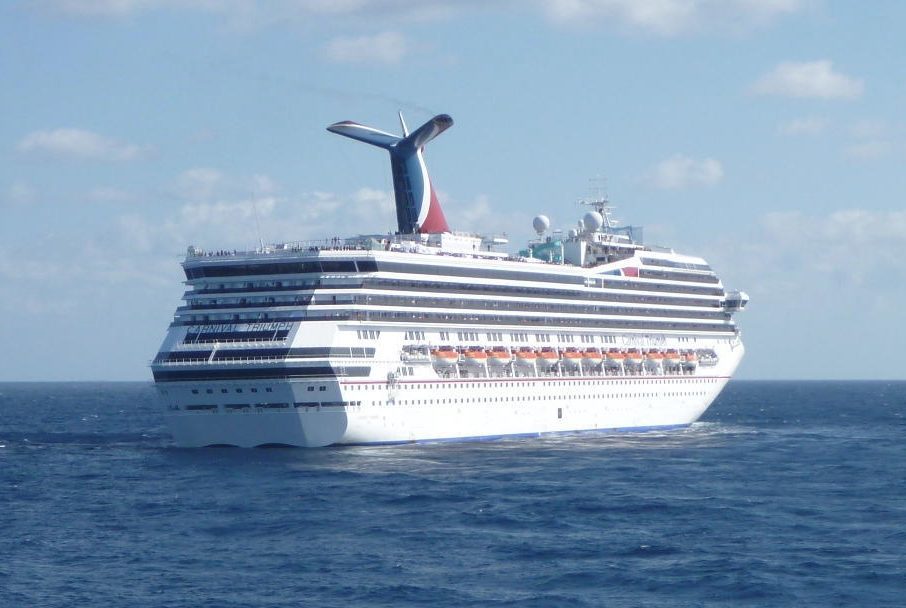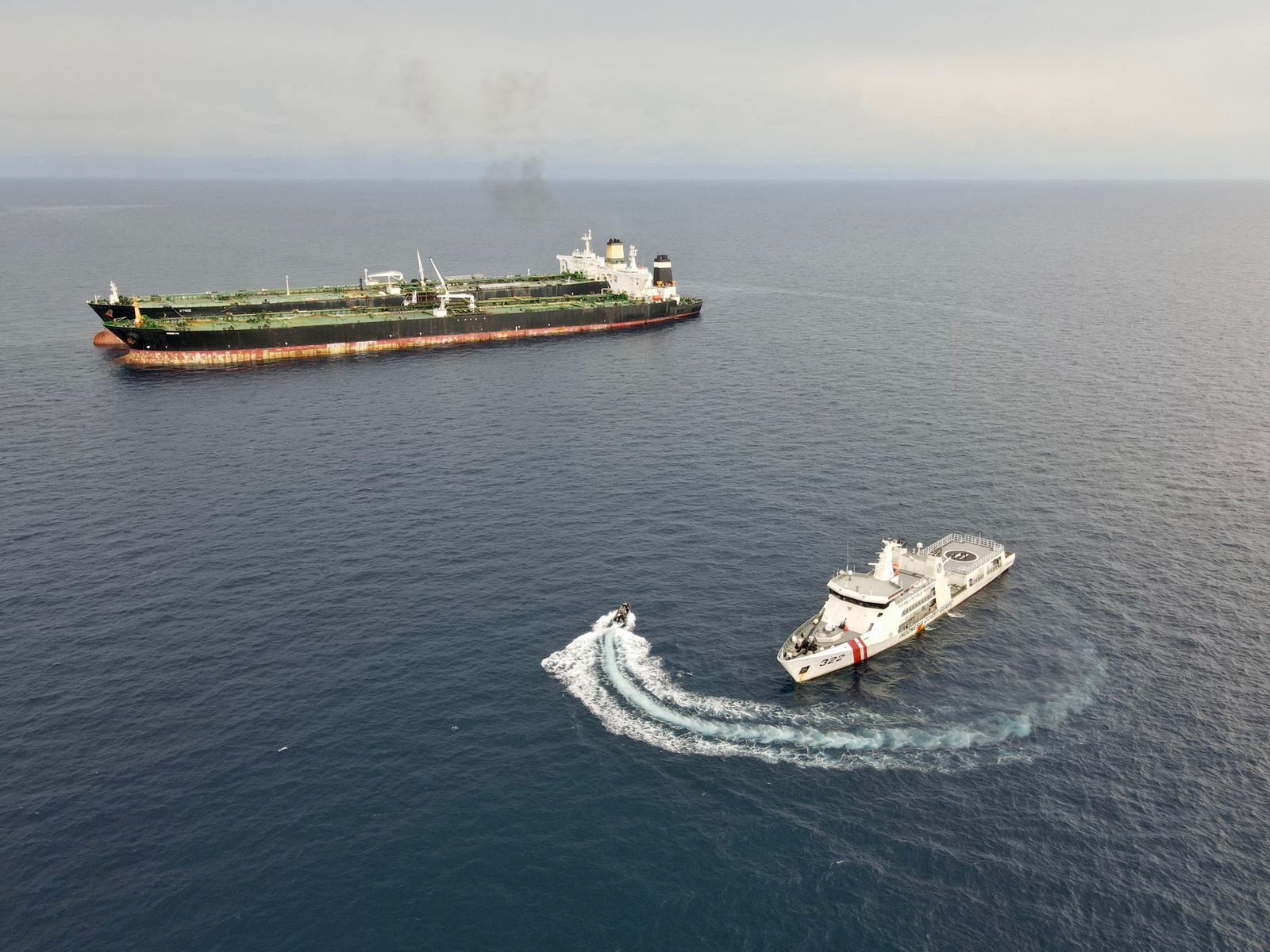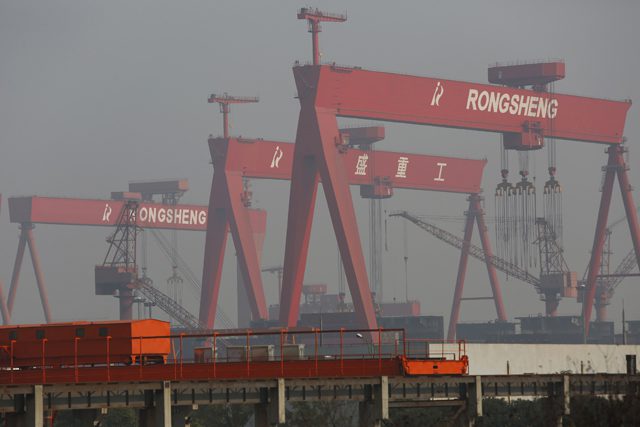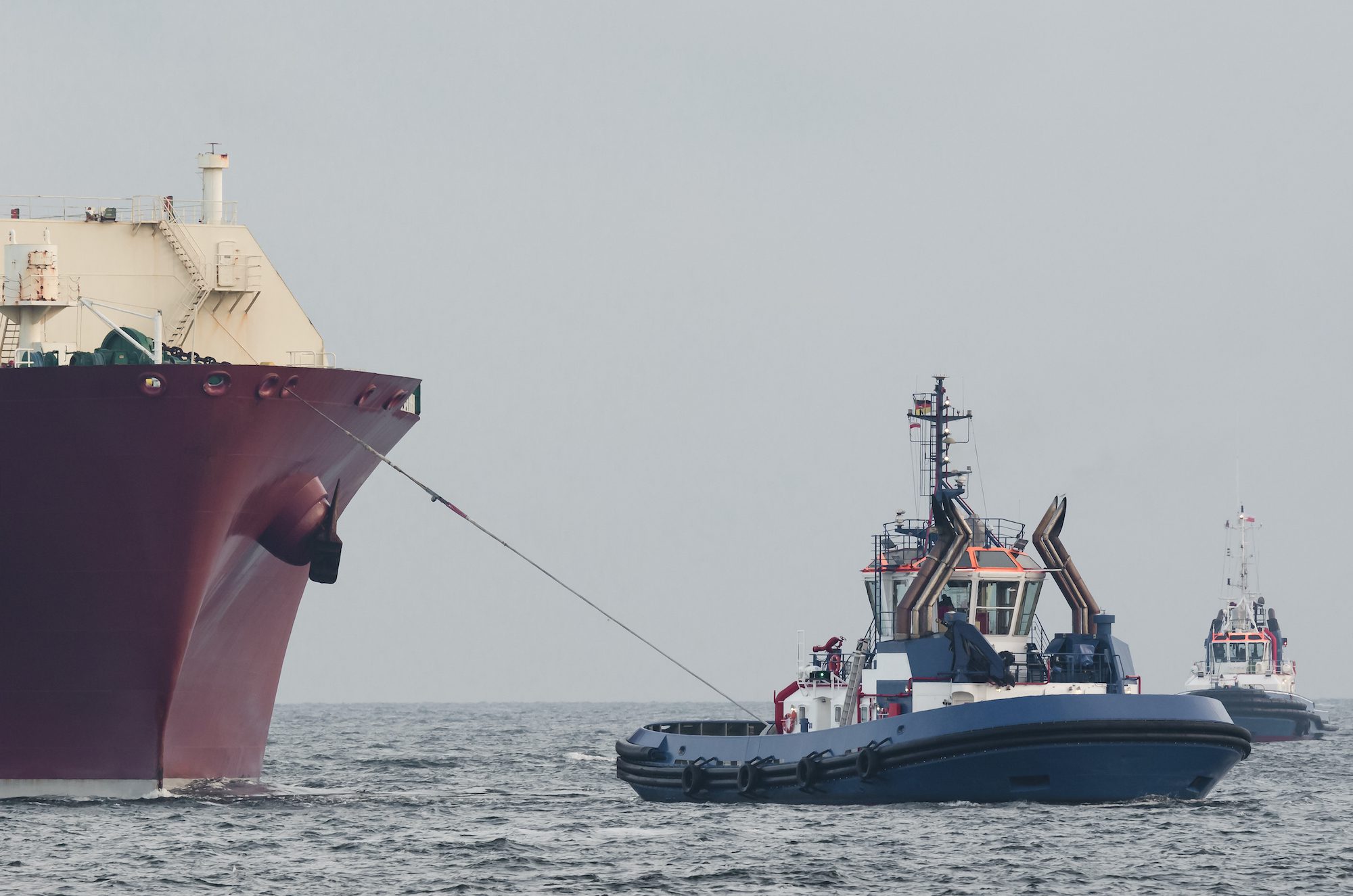following the high-profile Carnival Triumph incident. Photo: U.S. Coast Guard
Cruise Lines International Association (CLIA), the world’s largest cruise industry trade association, announced Wednesday that its Board of Directors have approved the adoption of a “Cruise Industry Passenger Bill of Rights”, a list of ten amendments addressing the basic freedoms of cruise ship passengers.
CLIA says that CEOs of its North American member cruise lines are to immediately verify in writing that they have adopted the Passenger Bill of Rights as a condition of membership in the Association.
The Bill of Rights details CLIA members’ commitment to the safety, comfort and care of guests in some key areas identified following a recent spate of high profile incidents.
“The Cruise Industry Passenger Bill of Rights codifies many longstanding practices of CLIA members and goes beyond those to further inform cruise guests of the industry’s commitment to their comfort and care,” said Christine Duffy, president and CEO of CLIA. “By formally adopting industry practices into a “Passenger Bill of Rights,” CLIA is further demonstrating consistent practices and transparency across CLIA member lines. The cruise industry is committed to continuing to deliver against the high standards we set for ourselves in all areas of shipboard operations.”
The Passenger Bill of Rights will be effective immediately for U.S. passengers who purchase their cruise in North America on CLIA’s North American member cruise lines, regardless of itinerary.
CLIA and its member cruise lines are actively communicating the Passenger Bill of Rights to the public and cruise line guests. The Passenger Bill of Rights will be posted on the CLIA and its members’ respective websites, and CLIA has provided to its nearly 14,000 travel agent members materials to communicate the Passenger Bill of Rights to current and prospective customers looking to book a cruise.
Below is the full text of the Passenger Bill of Rights, as adopted by CLIA’s members unanimously:
Passenger Bill of Rights
- The right to disembark a docked ship if essential provisions such as food, water, restroom facilities and access to medical care cannot adequately be provided onboard, subject only to the Master’s concern for passenger safety and security and customs and immigration requirements of the port.
- The right to a full refund for a trip that is canceled due to mechanical failures, or a partial refund for voyages that are terminated early due to those failures.
- The right to have available on board ships operating beyond rivers or coastal waters full-time, professional emergency medical attention, as needed until shore side medical care becomes available.
- The right to timely information updates as to any adjustments in the itinerary of the ship in the event of a mechanical failure or emergency, as well as timely updates of the status of efforts to address mechanical failures.
- The right to a ship crew that is properly trained in emergency and evacuation procedures.
- The right to an emergency power source in the case of a main generator failure.
- The right to transportation to the ship’s scheduled port of disembarkation or the passenger’s home city in the event a cruise is terminated early due to mechanical failures.
- The right to lodging if disembarkation and an overnight stay in an unscheduled port are required when a cruise is terminated early due to mechanical failures.
- The right to have included on each cruise line’s website a toll-free phone line that can be used for questions or information concerning any aspect of shipboard operations.
- The right to have this Cruise Line Passenger Bill of Rights published on each line’s website.
CLIA says it will submit the Passenger Bill of Rights to the International Maritime Organization (IMO), requesting formal global recognition and applicability under the IMO’s authority over the international maritime industry.
Unlock Exclusive Insights Today!
Join the gCaptain Club for curated content, insider opinions, and vibrant community discussions.

 Join The Club
Join The Club











